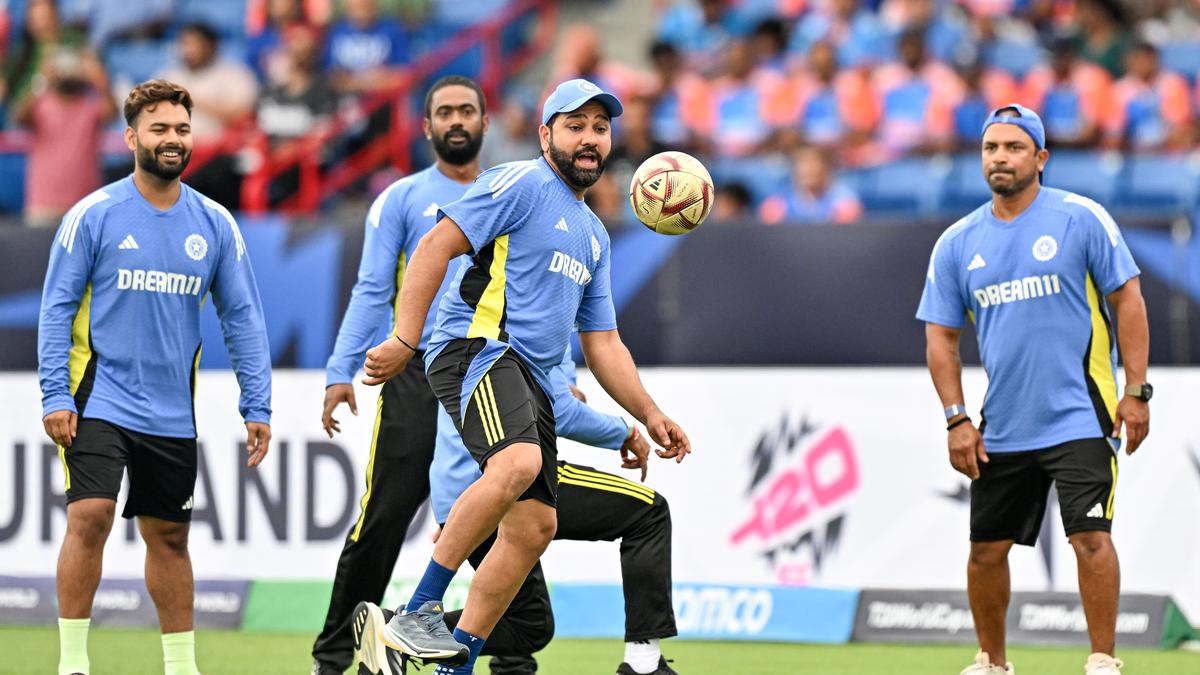Now Reading: BBMP Considers Revival of CNVR Program in Bengaluru Despite AWBI Guidelines
-
01
BBMP Considers Revival of CNVR Program in Bengaluru Despite AWBI Guidelines
BBMP Considers Revival of CNVR Program in Bengaluru Despite AWBI Guidelines
Fast Summary
- BBMP’s Plan: The Bruhat Bengaluru Mahanagara Palike (BBMP) aims to reintroduce the capture, Neuter, Vaccinate and Release (CNVR) technique as part of the Animal Birth Control (ABC) program due to growing concerns about stray dog attacks in Bengaluru.
- Conflict with Guidelines: CNVR flouts guidelines set by the Animal Welfare Board of India (AWBI), which mandate a four-day monitoring period post-surgery to prevent complications.
- Current Capacity Issues: Bengaluru has over 2.7 lakh stray dogs,but BBMP’s infrastructure allows for monitoring only 550 dogs at a time. Expanding capacity would take months, prompting BBMP to prioritize CNVR as an immediate solution.
- Post-Surgery Challenges: CNVR involves releasing neutered dogs within 24 hours, which could lead to complications such as reopened stitches and extreme fatigue. BBMP plans to address this by improved surgical methods and assigning feeders for follow-up care.
- Opposition from Activists: Animal rights activists strongly oppose CNVR, citing risks of surgery-related deaths and emphasizing AWBI guidelines aimed at ensuring dog welfare through adequate monitoring.
Indian Opinion analysis
The BBMP’s proposal highlights the practical challenges associated with managing Bengaluru’s large stray dog population under existing AWBI SOPs that mandate extended postoperative care. While rapid implementation methods like CNVR seem efficient on paper for controlling breeding rates swiftly, they raise considerable ethical concerns regarding animal welfare due to reduced safeguards against post-surgical complications.
Infrastructure gaps-such as inadequate capacity for sustained postoperative monitoring-remain at the heart of this issue. Developing systems that balance operational expediency while respecting AWBI guidelines may serve better long-term outcomes both in curbing aggressive behavior among strays and ensuring humane treatment during ABC interventions.
Activist concerns underscore valid considerations about procedural safety and infrastructure improvements-which align with established SOPs over ad hoc changes-to mitigate risks without compromising welfare goals stipulated by AWBI.
Read more: The Hindu























